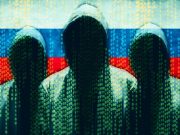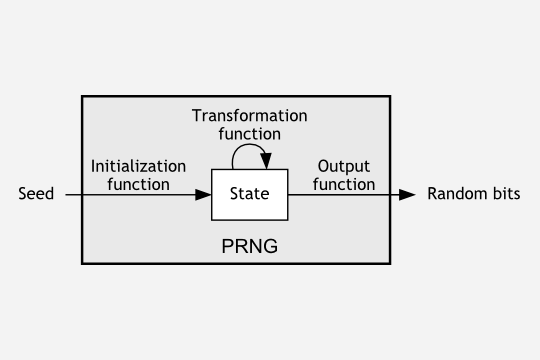A study found shortcomings in the generation of the pseudo random numbers used to encrypt data.
The hard-to-guess numbers are vital to many security measures that prevent data theft.
But the sources of data that some computers call on to generate these numbers often run dry.
This, they warned, could mean random numbers are more susceptible to well-known attacks that leave personal data vulnerable.
This seemed like just an interesting problem when we got started but as we went on it got scary
said security analyst Bruce Potter who, along with researcher Sasha Moore, carried out the study that was presented at the Black Hat security event in Las Vegas.
It looked at the ways that widely used Linux-based web server software generated strings of data that were used as a “seed” for random numbers.
Unfortunately, Potter said, the entropy of the data streams on Linux servers was often very low because the machines were not generating enough raw information for them.
Large, hard-to-guess numbers are vital for encrypting data. They are also used by servers in more mundane security tasks such as randomising where data is stored in memory to thwart attempts by hackers to predict what a machine is doing.
































